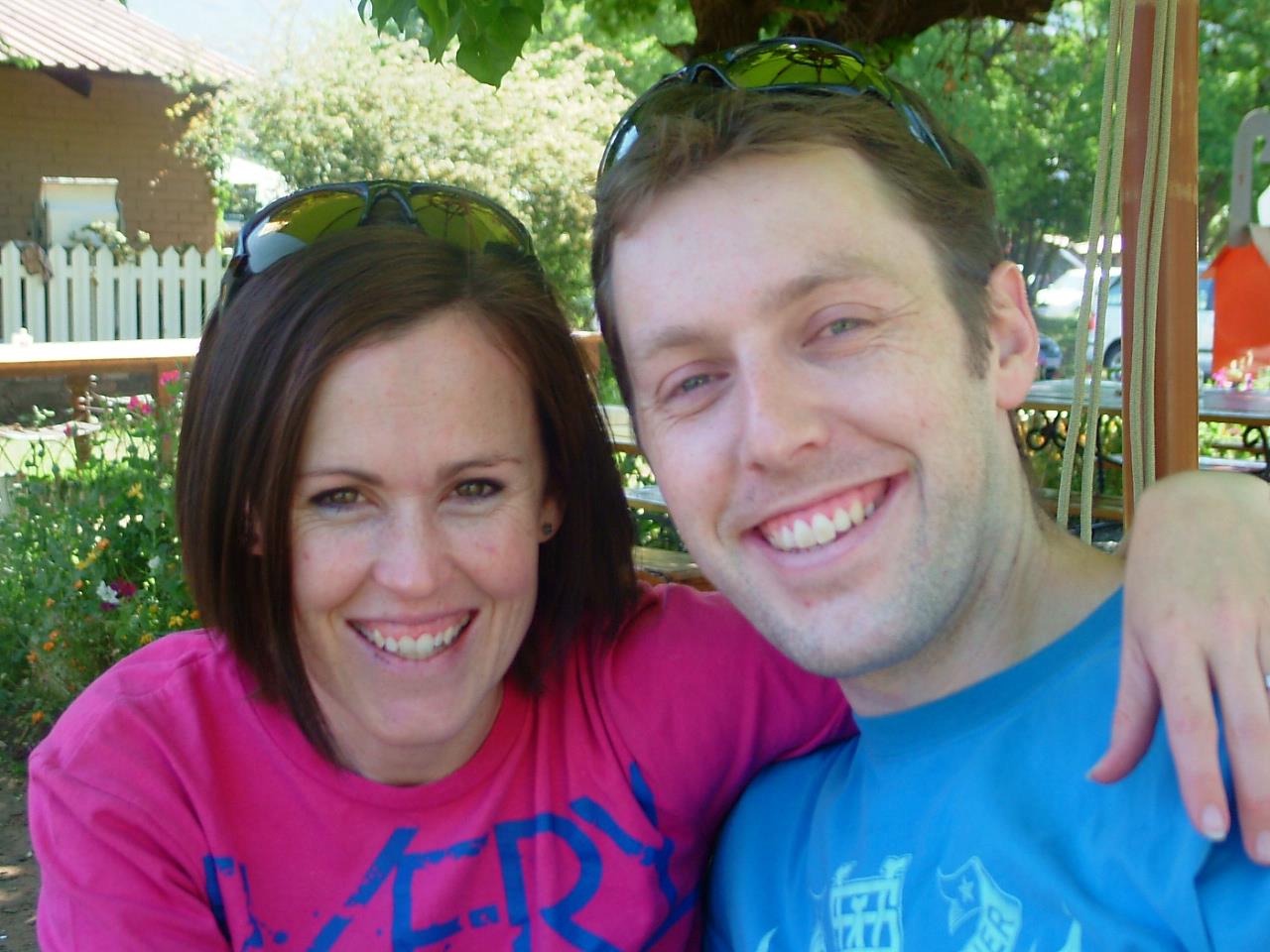Dear South Africa…
Charles Dickens starts A Tale of Two Cities with this:
‘It was the best of times, it was the worst of times, it was the age of wisdom, it was the age of foolishness, it was the epoch of belief, it was the epoch of incredulity, it was the season of Light, it was the season of Darkness, it was the spring of hope, it was the winter of despair, we had everything before us, we had nothing before us…’
Dickens was talking about London and Paris during the French Revolution. But he could’ve been talking about us. Our melodrama of extremes might include –
‘It was the dawn of democracy, it was the death of security, it was the coming of freedom, it was the retreat of investors, it was the time of trust and the time of suspicion, the time to build bridges and the time to steal copper wiring, it was an age of violence, road rage, brain drain and xenophobia, it was an age of equality, diversity, upliftment and entrepreneurship. There were thoughtless Twitter slams and shootings in shopping malls; there was hope, friendship and grace.’
As the people of Mzansi, these paradoxes influence our calling because the glaring ironies of our context demand that we muster the faith to lead courageously at an unprecedented, uncertain point in our nation’s history. (And by lead I just mean, live excellently.) The complexities create urgency and opportunity to lead in extraordinary ways.
So I’m thinking, South Africa: we’re a lot like Joseph.
Joseph went through lonely, difficult, uncertain, terrifying times. In the pit his brothers threw him into. In a foreign country as a slave. In the top strata of Egyptian leadership. In prison.
And in Psalm 105, which recounts Israel’s history, it says, ‘Until the time came to fulfil his dreams, the Lord tested Joseph’s character.’ (verse 19)
It must’ve been rough to swallow the years and years of testing. We scan Joseph’s life in some Genesis chapters and go, ‘Oh wow! We can totally see the golden thread of God’s purposes woven through these events!’ But Joseph lived those events and it took decades. He couldn’t see the golden thread. He lived it all, day by slow difficult day without knowing what God was doing.
But he kept his faith.
He trusted God to protect and establish him. He understood that he was uniquely positioned in history, as we are today. He did all he could about the gross injustices of his time, then he left things in the hands of God.
Joseph’s faith was also strong enough for him to see a time not yet fulfilled. At the end of his life he says to his brothers, in Genesis 50:
‘When God comes to help you and lead you back, you must take my bones with you.’
He doesn’t say, ‘If God ever comes through for you guys, it would be cool to be buried where I grew up.’ He says, ‘When God comes.’ He’s predicting the Exodus led by Moses, which would take place generations and generations hence – at a time when the Egyptians had long forgotten they once really rated this guy called Joseph.
We can learn from that.
Because, like Joseph, we’re just ordinary people serving an extraordinary God who calls us to be extraordinary reflections of Him – extraordinary conduits of His glory, not our agendas. And to do that we need to get comfortable with carrying the tension of navigating the storms raging in our nation now – and navigating them well – for a time we won’t necessarily live to see.
Joseph could’ve said, ‘Before I help my brothers, I’m just going to wait until the political and economic conditions in Egypt are more stable – more favourable.’ (= I’m just going to see what happens in the 2019 elections. I’m just going to wait until it rains again in Cape Town.) Joseph didn’t use his grief, his history, or his hurt feelings as an excuse. He simply said, ‘This is where God has me today – in this raging storm. I will do today the best that I can do today.’ Nkosi Johnson’s advice was, ‘Do all you can with what you have in the time you have in the place you are.’ It takes faith, but if we lived like that before a hurting, hoping world, we’d change it.
Back to Dickens. In the last chapter of A Tale of Two Cities, he writes this and again it could be us:
‘I see a beautiful city and a brilliant people rising from this abyss, and, in their struggles to be truly free, in their triumphs and defeats, through long years to come, I see the evil of this time and of the previous time of which this is the natural birth, gradually making expiation [=compensation] for itself…’
My prayer for us, South Africa, is that we’d bravely own our context and our calling, getting perspective by magnifying above the mess God’s great Name.
I pray God would give us the wisdom to understand the things we can do to make a difference – and the courage to get busy doing them.
I pray we’d get to know Jesus, because He makes the darkness tremble, and He is our hope.
With love,
Dalene
dalenereyburn.com





![The Road to the Catan World Champs in Malta 2022! [Part II]](https://brettfish.co.za/wp-content/uploads/2022/11/IMG_9944-scaled-e1669831201283-500x383.jpg)
![The Road to the Catan World Champs in Malta 2022! [Part I]](https://brettfish.co.za/wp-content/uploads/2022/11/catanchampionships-500x383.jpg)
[…] My friend Dalene Reyburn calls us towards the courage to own our own context […]